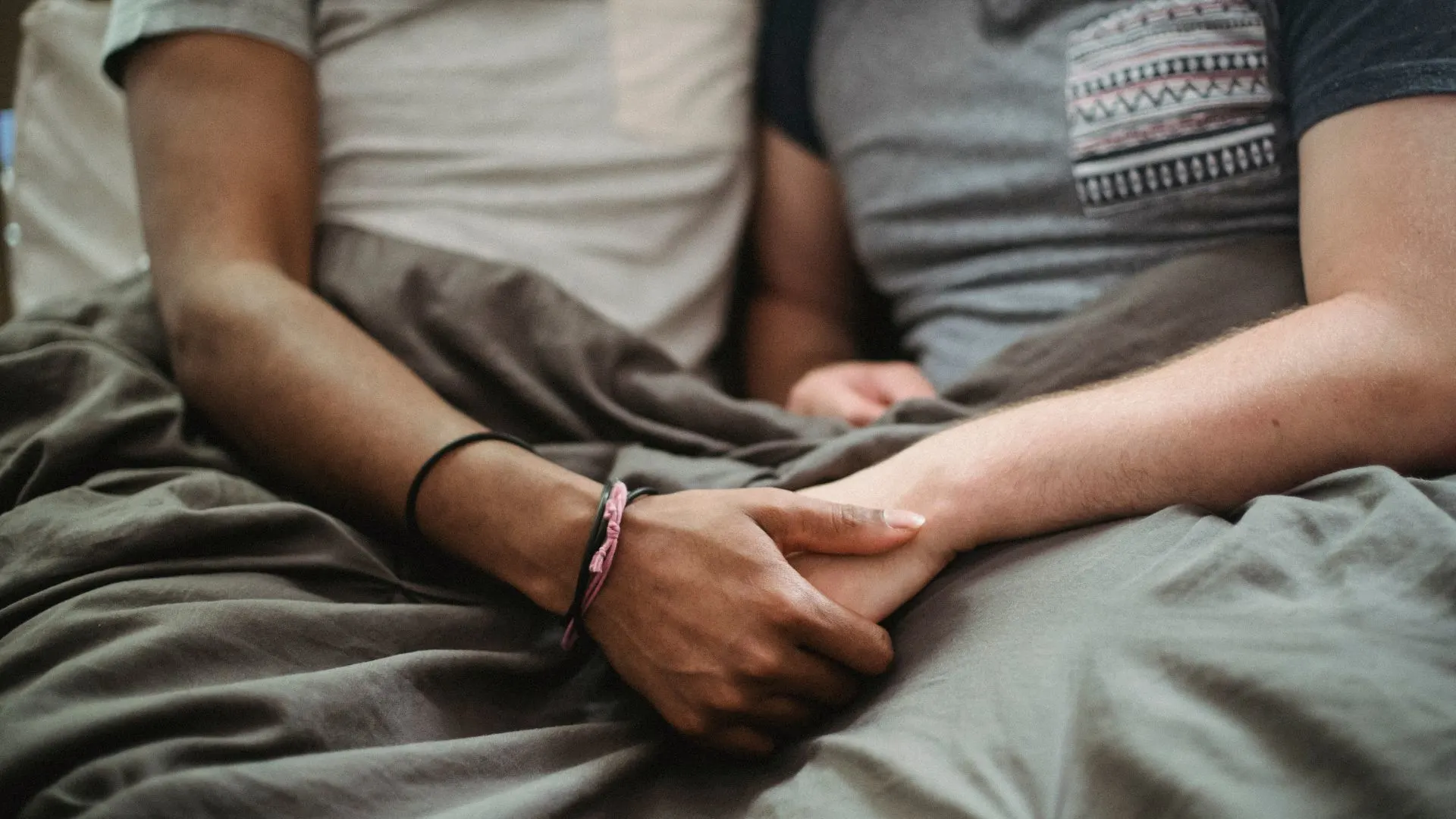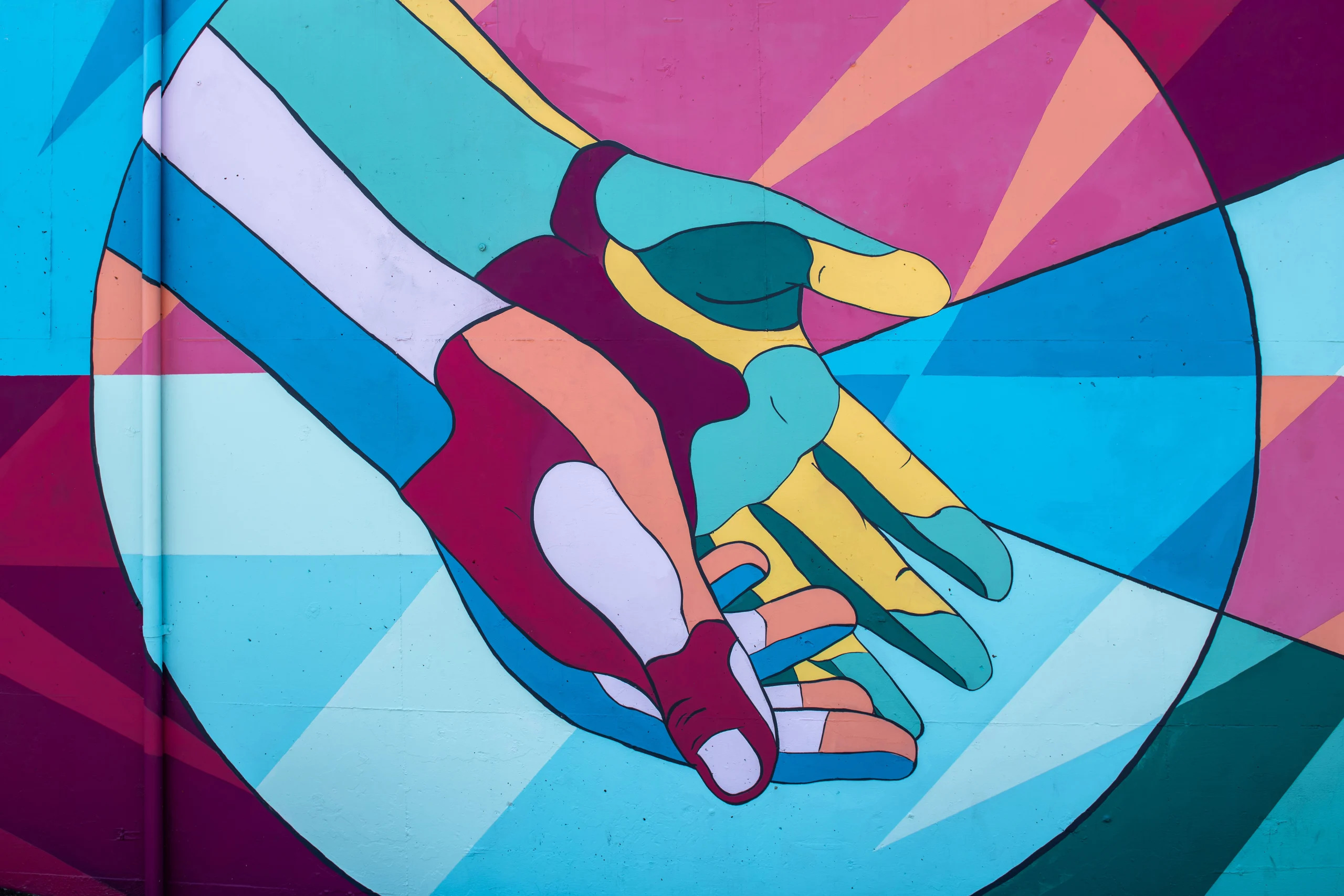Mental health challenges are a universal issue affecting people of all ages, genders, and backgrounds. However, members of the LGBTQ community face a wide range of unique challenges when it comes to their mental welfare. The stigma, discrimination, and prejudice that LGBTQ individuals face can lead to various mental health struggles, making it essential to understand these challenges and provide support.
The Challenges of Coming Out
One of the primary challenges that LGBTQ individuals face is coming out. Coming out involves disclosing one’s sexual orientation or gender identity to others. While coming out can be a liberating experience for some, it can also be a significant source of stress and anxiety. This is because coming out can lead to rejection, isolation, and discrimination.
Individuals who experience family rejection or are not accepted by their friends, or peers may feel shame, guilt, and low self-esteem. This can lead to mental health issues, such as depression, anxiety, and even suicide. According to a study by the Trevor Project, LGBTQ youth are almost five times more likely to attempt suicide than their heterosexual peers. Additionally, the study found that the risk of suicide attempts is higher for LGBT youth who face rejection from their families.

The Impact of Discrimination
Discrimination against LGBTQ individuals can take various forms, including verbal harassment, physical violence, and denial of services. These experiences can have a profound impact, potentially creating mental health disorders such as anxiety, depression, post-traumatic stress disorder (PTSD), and substance abuse.
One study found that LGBTQ individuals who experienced discrimination had higher levels of anxiety, depression, and PTSD symptoms than those who did not experience discrimination. Discrimination can also lead to a sense of alienation, isolation, and lack of social support, which can exacerbate mental health issues.
The Challenges of Accessing Mental Health Care
LGBTQ individuals face unique challenges when it comes to accessing mental health care. Many healthcare professionals are not trained in working with LGBTQ individuals, and some may hold negative attitudes toward them. This can lead to a lack of trust between LGBTQ individuals and those providing mental health services, making it difficult for them to seek help.
Additionally, some LGBTQ individuals may face financial barriers when it comes to accessing care. They may lack insurance, and mental health conditions may not be covered under their insurance plans. This can make it difficult for them to afford treatment.
The Intersection of Mental Health and HIV
HIV remains a significant issue affecting the LGBTQ community. According to the Centers for Disease Control and Prevention (CDC), gay and bisexual men account for two-thirds of new HIV diagnoses in the United States. HIV-positive individuals face unique challenges, including stigma, social isolation, and fear of rejection.
Additionally, some HIV medications can have side effects that affect emotional welfare. For example, some antiretroviral medications can cause depression, anxiety, and sleep disturbances. This highlights the importance of integrating mental health care into HIV care to address the complex needs of HIV-positive individuals.

Addressing the Unique Challenges of LGBTQ Mental Health
To address the unique challenges that LGBTQ individuals face when it comes to psychological well-being, there are several approaches that can be taken.
- First, it is essential to increase awareness and education about LGBTQ mental health issues. This includes training mental health professionals to work with LGBTQ individuals and addressing the negative attitudes and biases that some professionals may hold. Additionally, it is crucial to raise awareness about the impact of discrimination and stigma on mental well-being and to work towards creating more inclusive and accepting communities.
- Second, it is important to increase access to mental health care for LGBTQ individuals. This includes providing affordable mental health care options and addressing the financial barriers that many LGBTQ individuals face when seeking treatment.
- Third, it is critical to address the intersection of emotional health and HIV. This includes integrating mental health care into HIV care and addressing the unique challenges that HIV-positive individuals face when it comes to psychological health.
- Fourth, providing social support for LGBTQ individuals can also help to address emotional challenges. This includes creating safe and supportive environments for LGBTQ individuals, promoting social connectedness, and addressing social isolation.
- Finally, it is essential to empower LGBTQ individuals to take control of their mental well-being. This includes promoting self-care, such as mindfulness, exercise, and healthy eating habits, and encouraging individuals to seek help when they need it.
What Is LGBTQ-Affirmative Psychotherapy?
LGBTQ-affirmative psychotherapy is a form of therapy that is specifically designed to address the unique challenges that LGBTQ individuals face when it comes to mental wellness. This type of therapy is delivered by a therapist who has training and experience in working with LGBTQ individuals and is knowledgeable about the issues that affect this community.
An authentic LGBTQ therapist understands the experiences and challenges that LGBTQ individuals face and can provide a safe and supportive environment for individuals to explore their feelings and concerns. This includes addressing the impact of discrimination and stigma on mental health and working towards building resilience and coping strategies.
LGBTQ-affirmative psychotherapy can also help individuals to navigate the process of coming out and can provide support for individuals who are struggling with acceptance from their families and communities. Additionally, this type of therapy can help individuals to address issues related to gender identity and sexual orientation, including internalized homophobia and transphobia.

The Benefits of LGBTQ-Affirmative Therapy
Through LGBTQ-affirmative psychotherapy, individuals can gain insight into their thoughts and behaviors, develop coping strategies to manage stress and anxiety and work towards improving their overall mental state and well-being. This type of therapy can also help individuals to build resilience and develop a sense of empowerment, allowing them to live authentically and confidently in their identities.
The process of learning about your conditions, for example, understanding the symptoms of depression, and creating a safe space where lesbian, gay, bisexual, queer, and transgender people can freely ask questions and talk about their feelings free from judgment and prejudice can be immensely cathartic and lead to enormous changes in their daily lives.
LGBTQ-affirmative psychotherapy with an authentic LGBTQ therapist can be an effective tool in addressing the unique challenges that LGBTQ individuals face when it comes to mental health concerns. By providing a safe and supportive environment for individuals to explore their feelings and concerns, mental health providers can help individuals to build resilience, develop coping strategies, and work towards improving their emotional wellbeing.
In conclusion, the unique challenges that LGBTQ individuals face when it comes to mental health conditions highlight the need for increased awareness, education, and support. Addressing the impact of discrimination, stigma, and social isolation on mental well-being, and increasing access to mental health care and social support can help to promote positive mental health outcomes for LGBTQ individuals. By taking a comprehensive and inclusive approach to mental health care, we can work towards creating a society where all individuals can thrive.



